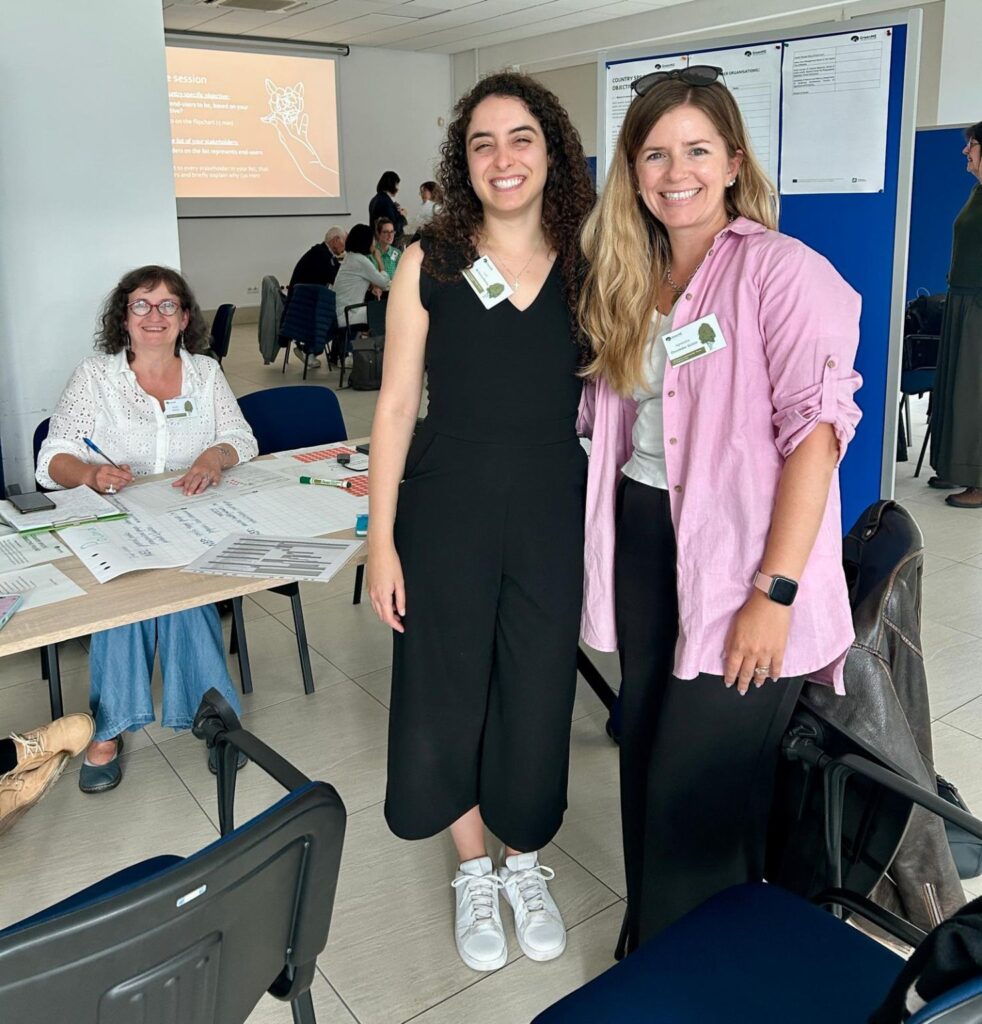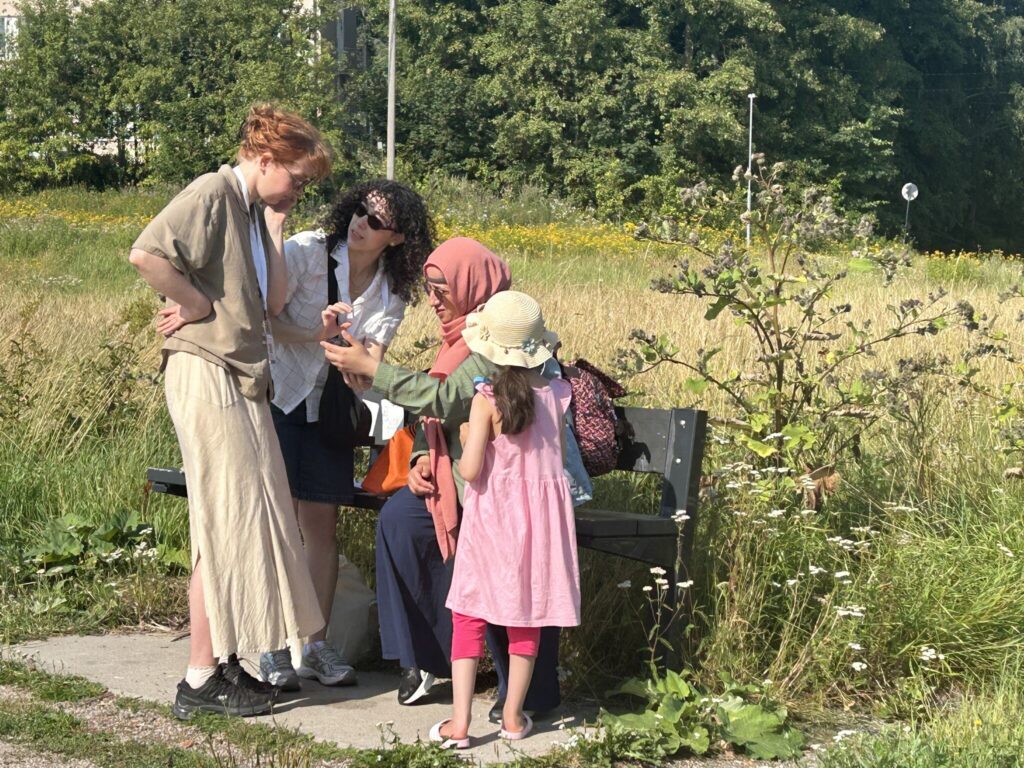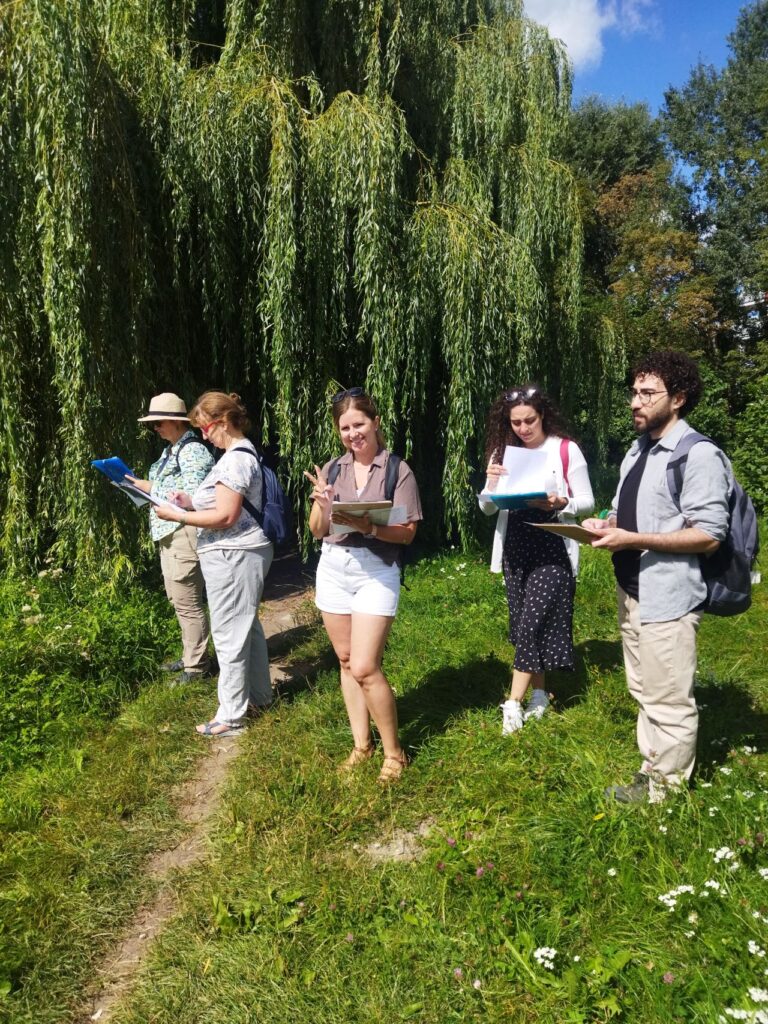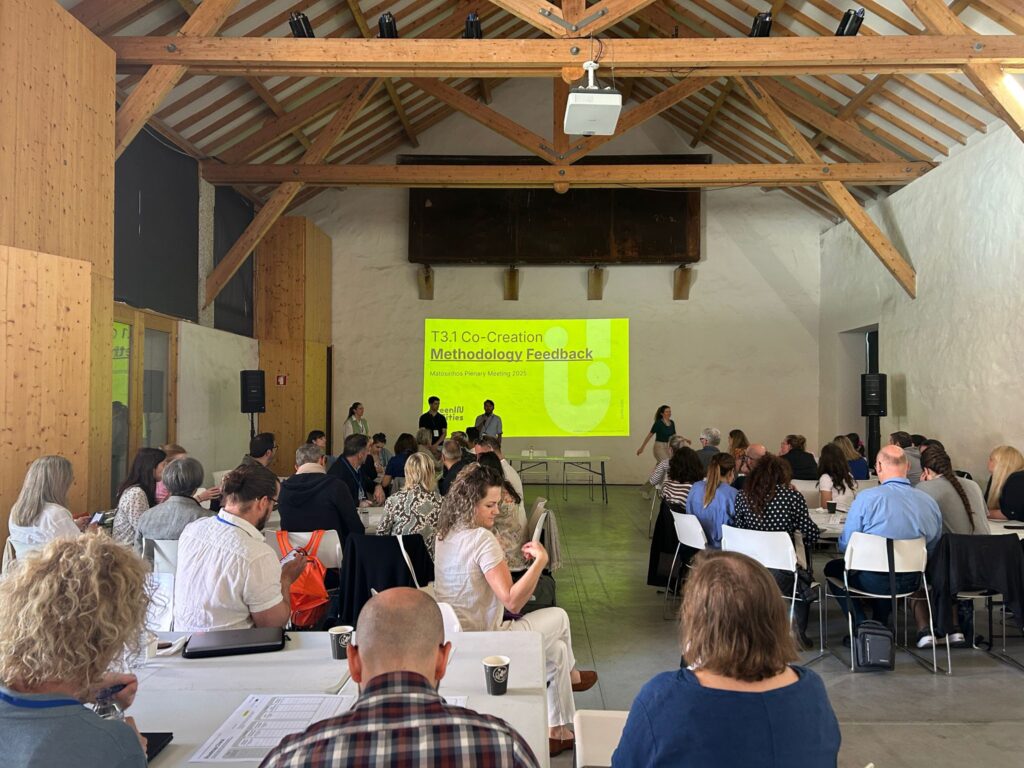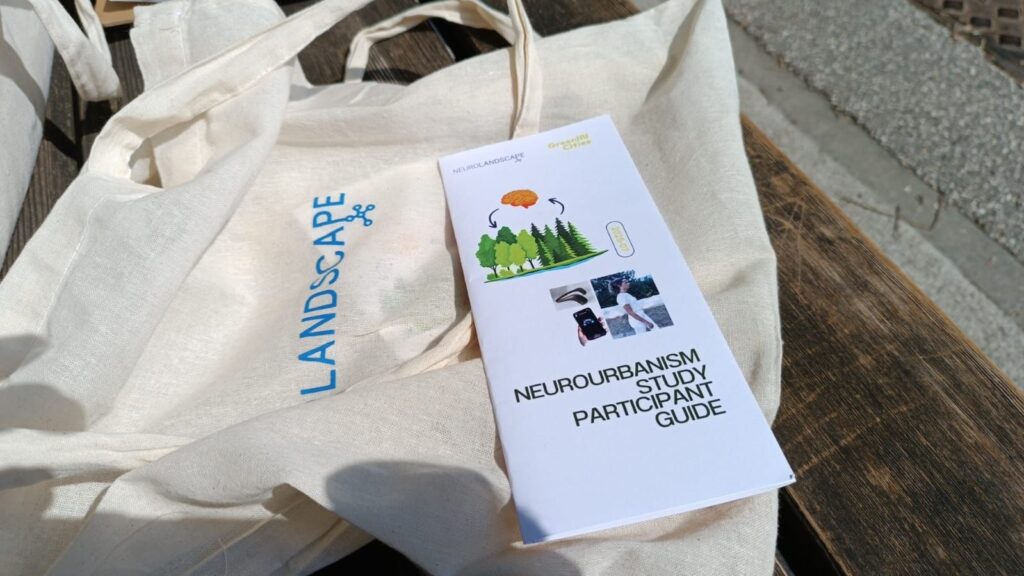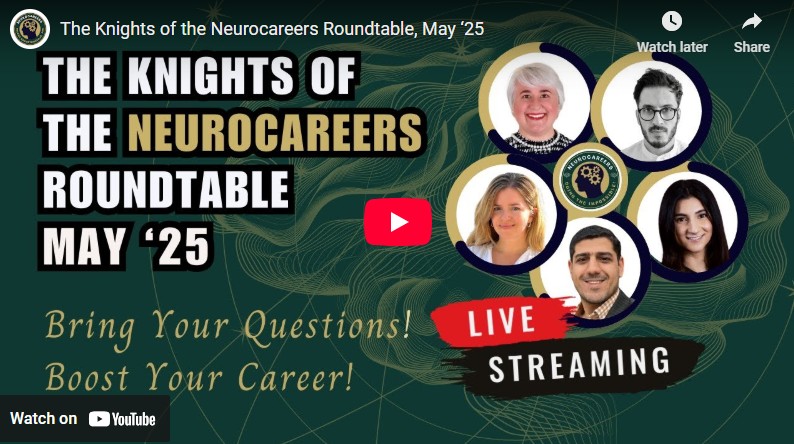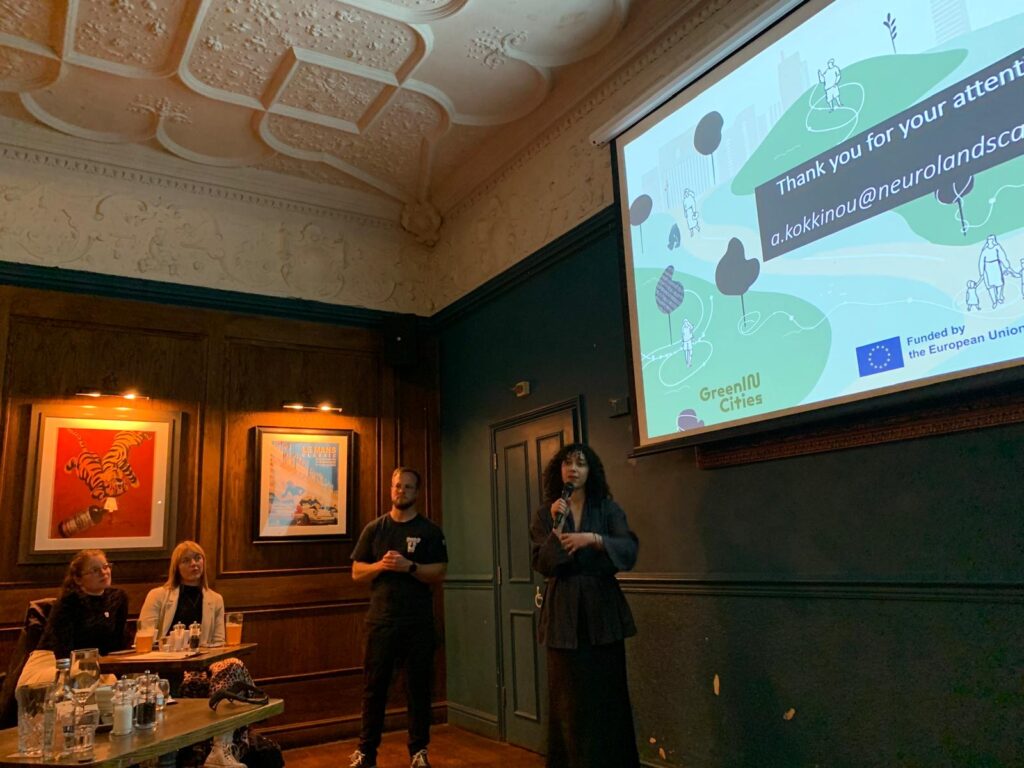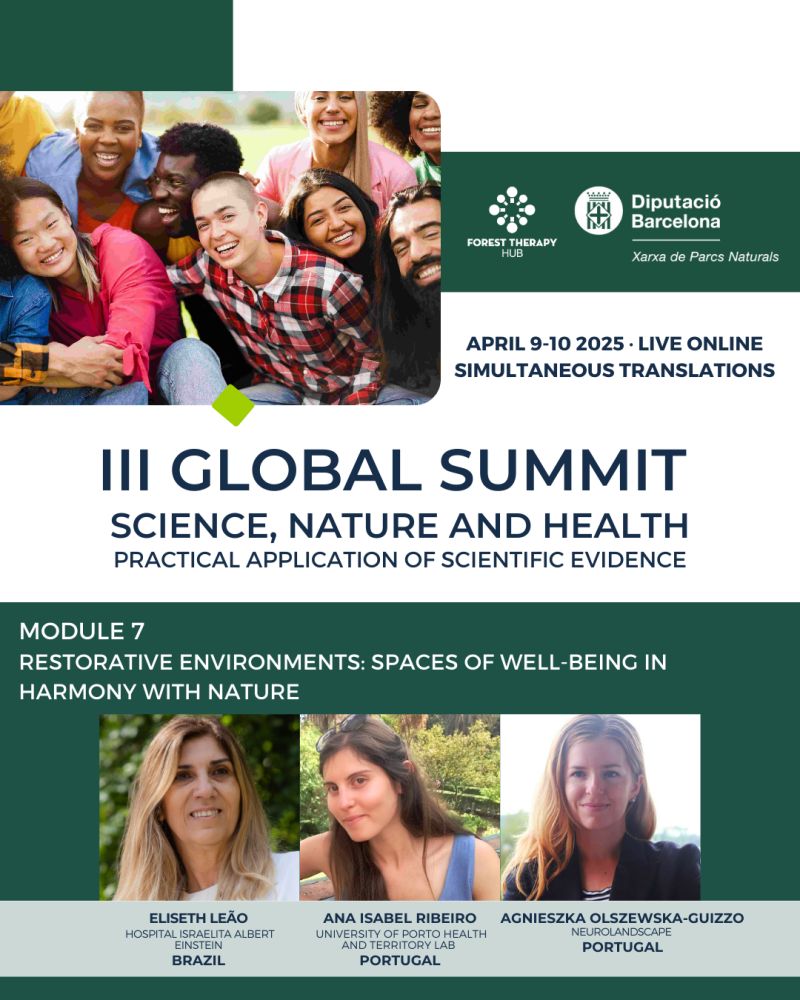Warsaw, Poland – 17-19 September 2025 Last month, NeuroLandscape’s Agnieszka Olszewska-Guizzo and Lara Renhe attended the third GreenME Project General Assembly Meeting in Warsaw, Poland. The Warsaw University of Life Sciences (SGGW) hosted this year’s event under the leadership of Work Package 2 leader Renata Giedych. The meeting marked the halfway point of the Horizon Read More
Category: News
NUA Data Collection in Helsinki Complete!
We’ve successfully completed the first stage of the NeuroUrbanism Assessment Study (NUA) in Malmi (Helsinki, Finland)! Over the summer, Agnieszka Olszewska-Guizzo, Anastasia Kokkinou and Nina Pelkonen from NeuroLandscape and Mikko Laak from Forum Virium Helsinki carried out in-situ mEEG data collection of 50 local residents in Malmi and Longinoja Park. Thanks to the lightweight headband Read More
GreenME Fieldwork Audits in Warsaw
For most, summer break is a walk in the park. For NeuroLandscape, summer was also a walk in the park, but with clipboards and tablets in hand. 😎 📝 🌳 This August saw part of the NeuroLandscape team in Warsaw’s urban parks to perform fieldwork audits as part of the GreenME Project funded by Programme Read More
NeuroLandscape in Matosinhos: GreenInCities General Assembly Meeting
Matosinhos, Portugal – 20-22 May, 2025 Last month, NeuroLandscape attended the third GreenInCities General Assembly Meeting in the seaside town of Matosinhos in northern Portugal. Hosted by the University of Porto and the Câmara Municipal de Matosinhos, the three-day event brought together the project partners to advance our shared mission: urban regeneration through Nature-based Solutions (NbS). The Read More
Neurourbanism Data Collection in Nova Gorica Complete!
After a month and a half of Neurourbanism data collection in Nova Gorica (Slovenia) as part of the GreenInCities project, the recruitment is over with 50 participants included in the study! Even though there is still a lot to process, we can already share some observations: 🌷Our worry about participants not being tech-savvy or confused Read More
Calling Helsinki locals! Soita helsinkiläisille!
We are launching the recruitment for participants of the Neurourbanism study in Helsinki for August 2025! Sign and and help up shape mental health and well-being!
Knights of Neurocareers Roundtable | May 2025
Agnieszka Olszewska-Guizzo Shares Insights on Nature and Mental Health at Green Urban Development Panel Our Director, Dr Agnieszka Olszewska-Guizzo, recently participated as a panelist in the online discussion “Green Urban Development: Nature’s Role in Mental Health & Well-being,” hosted by Green Urban Development. The engaging conversation explored the profound impact of nature on mental health and how Read More
Pint of Science in Exploration on How Cities Shape Our Wellbeing
On May 19, 2025, Anastasia Kokkinou from NeuroLandscape took the stage at Pint of Science in an engaging session titled “How Cities Shape Our Wellbeing.” The event brought together a curious audience with diverse academic backgrounds – from archaeology to cognitive neuroscience – sparking lively discussions on urban design and mental health. The tickets sold out way in advance so we were expecting Read More
III Global Summit on Science, Nature, and Health
On April 9–10, 2025. Dr Agnieszka Olszewska-Guizzo, will speak at the III Global Summit: Science, Nature, and Health, hosted by Forest Therapy Hub. This prestigious summit convenes global experts in health, ecology, and scientific research to explore the transformative power of nature-based well-being practices. Agnieszka will present her groundbreaking work on the Contemplative Landscape Model (CLM) on April 9th Read More
Invitation to LinkedIn Live: Healthy Minds, Hopeful Futures: Women’s WellBeing & Nature’s Role
A LinkedIn Live Online Roundtable This World Health Day 2025, join us for a powerful round-table conversation about women’s mental health, safety, and the role of nature in wellbeing. Women face unique challenges when it comes to mental health, especially in motherhood and other vulnerable life stages. Research has shown time and time again that Read More

